What’s the difference between someone in great shape who can sprint around the track at top speed, log miles and miles out on the road, or tear up and down trails in the backcountry, and someone who, well, can’t? What sets apart someone who has the motivation to run almost every day of the week from someone who heads for the couch instead? It’s not the body, not that at all — it’s the mind.
Running, whether on trails, tracks, or city streets is a sport open to all regardless of age, fitness level, or experience, because unlike with most other sporting activities, it’s mainly a solo experience. Whether you’re a beginner starting to run or you’re training for another half marathon knowing everything about running is essential. Stick with it, and the fitness, distance, and speed will follow. But how do you achieve that commitment to running, especially if you’ve long (or always) avoided it?
There are two ways to go about it: First, start slow. Take days, weeks, whatever you need to ease in, and walk, then jog, then run. Then repeat. Second, read a book. Or two or three. The runner and or writers featured below will help inspire the current non-runner to finally put on their best pair of running shoes and will be aspirational figures for current runners to push harder, faster, longer, and to take their running game to the next level.
Related Guides
Born to Run by Christopher McDougall
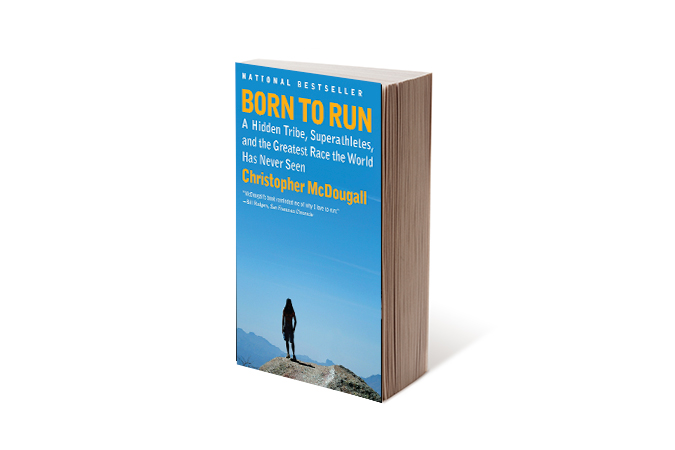
You know why humans achieved such success as a species back 200,000 or so years ago, right? Largely, it was because of running. We weren’t faster than our prey that could veritably fly across the African savanna, but we could go for miles on end, eventually tiring out the ancient gazelles, impalas, or whatever else was on the menu. Some groups of humans never stopped running, like the Tarahumara tribe at the core of this bestselling book. McDougall studied (and ran with) the tribe, native to the Copper Canyons of Mexico, to see what made them such good runners and to figure out why they are so seldom injured while Western runners, like the author himself, so often get hurt out there. The book will inspire you to run, travel, and respect these seldom-seen natives. It’s great as a narrative read and as a motivator.
- Paperback pages: 304
Training for the Uphill Athlete by Steve House, Scott Johnson, Killian Jornet
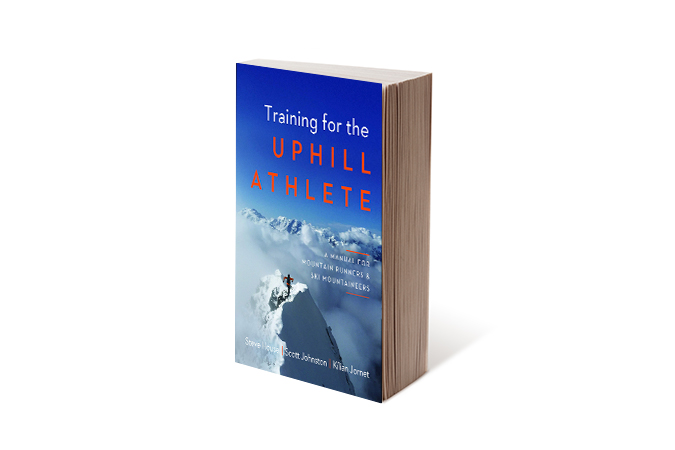
If you are just getting into running, don’t make this your first read. If you are already a somewhat accomplished runner comfortable on trails and mixed terrain and you want to take it up a notch or ten, then the men who wrote this book will become your new idols, especially Killian Jornet, widely regarded as the best trail runner (and sky runner and ski mountaineer) of all time. Along with countless races won, Jornet holds the fastest ascent and descent times for mountains including Denali, the Matterhorn, Mont Blanc, and Mount Everest, which he summited twice in one week and during which he set a record for reaching the top in 26 hours — most climbers take four days. The book blends essays and reflections with actionable instructions and illustrations. This is the manual for the man who is ready for serious running.
- Paperback pages: 368
Reborn On the Run by Catra Corbett (with Dan England)

If you think starting to run is just too big of a challenge, put yourself in Catra Corbett’s shoes. Before she ever ran her first 10k, she was addicted to meth, arrested, and jailed. Fortunately, she managed to shake the drugs and train with a friend for that first 10-kilometer race. 10 kilometers is 6.21 miles. Not exactly an epic run. Now flash forward a few years, and Corbett is nailing hundred-mile-plus ultras and breaking records all over the place, including the fastest known double time for the John Muir Trail which saw her slog 425 miles up and down the route, (which crosses the 14,505-foot summit of Mount Whitney, FYI) in 12 days, five hours. That is insane. This isn’t a manual on technique or diet or anything like that; rather it’s a clarion call to anyone who needs to make a change in their life.
- Hardcover pages: 240
Eat & Run by Scott Jurek
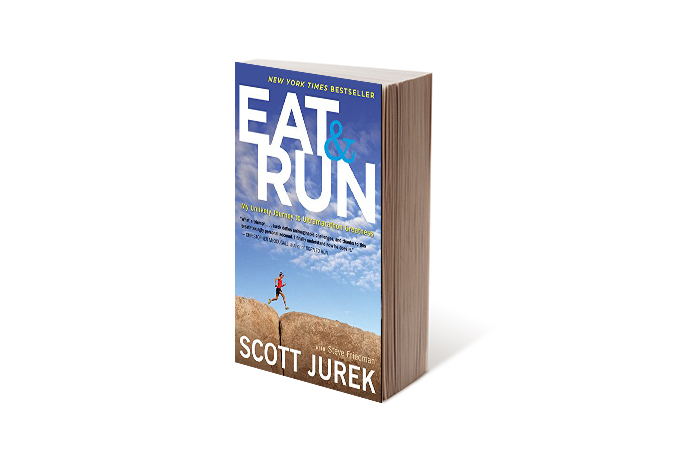
Scott Jurek is a rock star in the running world and has been featured in countless articles, interviews, and books, including, in fact, Born to Run. This book is part memoir and reflection on his own challenges, growth, and many successes, but it’s also highly informative and packed with actionable information, right down to recipes he recommends for optimal performance. Jurek grew up as a “meat and potatoes” guy but transitioned to veganism and is a passionate believer in the plant-based diet. Whether or not you eschew meat, there is much to learn from Jurek and plenty here to inspire you to get out there and run. For hundreds of miles.
- Paperback pages: 288
26 Marathons by Meb Keflezighi (with Scott Douglas)
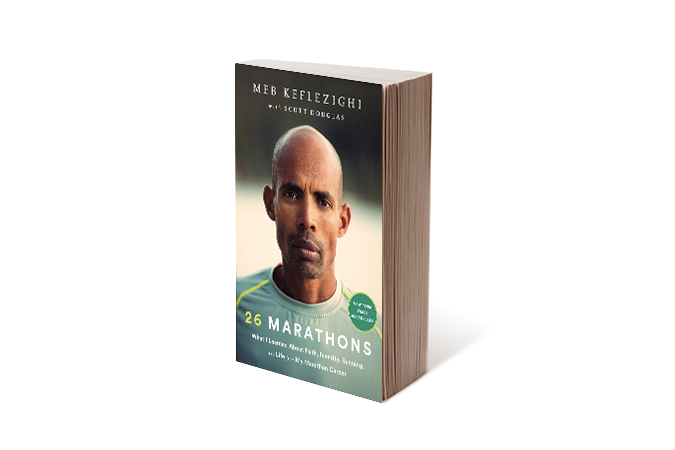
When Meb Keflezighi ran his first marathon, he quickly convinced himself it would be his last. And for many people, the first is the last — they check the box and never do the distance again. As the title of this book makes clear, Meb wasn’t going to stay in that column. Instead, he ran 26 marathons as a professional, and in the course of so doing, he became the only runner to win the Boston Marathon, New York Marathon, and an Olympic Marathon. What makes 26 Marathons so compelling is that despite all his success as a runner, Meb makes it clear how amazingly hard it was for him to achieve that success. He suffered, he ached, he doubted, and he considered quitting many times. But he didn’t. And that’s how you do it, gents.
- Paperback pages: 256
What I Talk About When I Talk About Running by Haruki Murakami
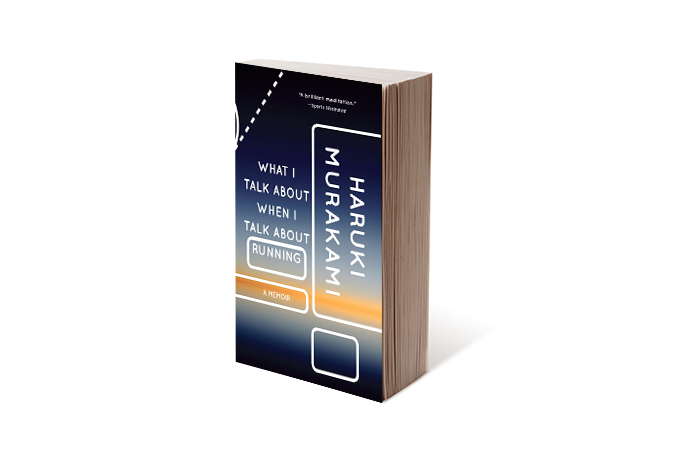
You know Haruki Murakami as one of the greatest living writers, winner of countless awards, and with books in print in more than four dozen languages, to be sure. But did you know he is also an accomplished marathoner, triathlete, and ultramarathon runner? And according to this not surprisingly well-written memoir, without the running, his writing may never have hit the peaks it did. This book gives an intimate look into a brilliant mind that does some of its best thinking when the feet below it are logging mile after mile. Might be a way to shake your own writer’s block, eh?
- Paperback pages: 192
Advanced Marathoning by Pete Pfitzinger and Scott Douglas
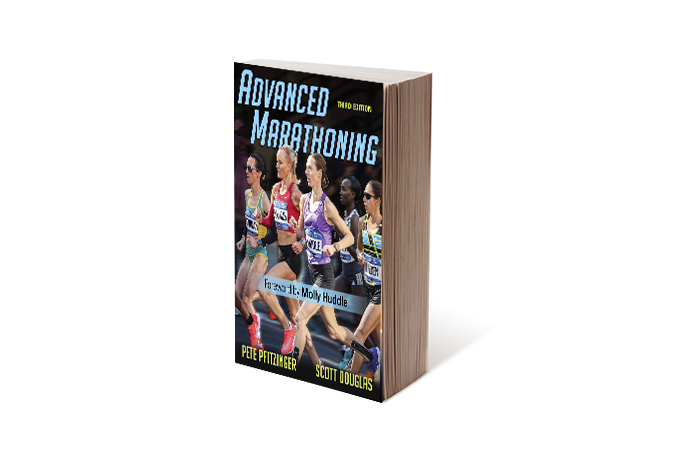
If you are already comfortable with distance running but now you want to take your speed and endurance up to competition level, then this is your guidebook. Now in its third edition, Advanced Marathoning gives you a literal day-by-day training pal for getting into peak shape to perform on race day. It covers both 12- and 18-week training cycles includes tips catered for older runners, discusses nutrition, and more. You don’t read this book for fun, you read it because you want to run farther and faster than you ever have before.
- Paperback pages: 296



